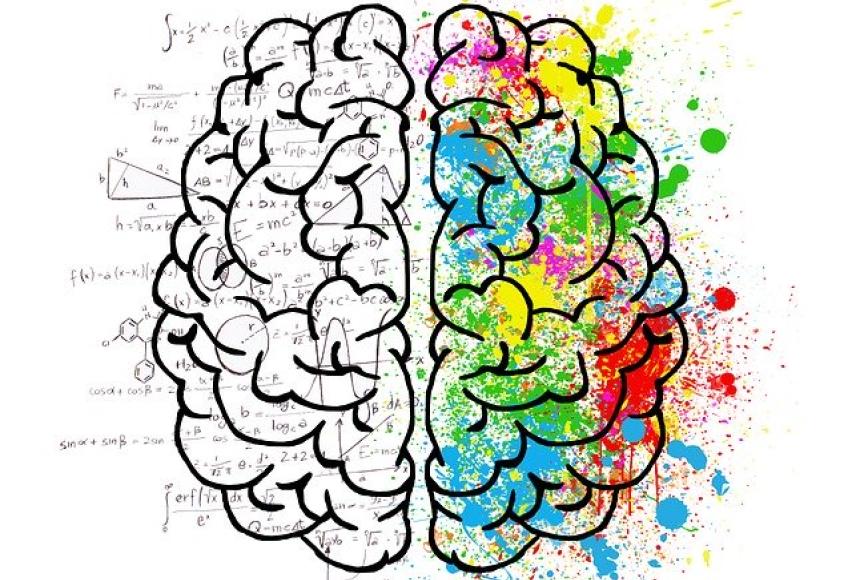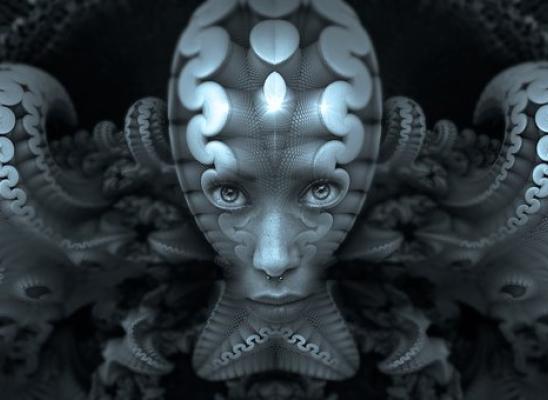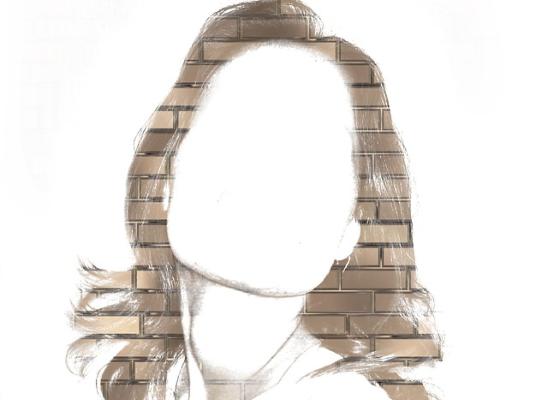Brain Study Sheds Light on Trich Changes Over Time

Online test
Find out the severity of your symptoms with this free online test
Anecdotal evidence suggests that trich follows a fairly predictable course over one’s lifetime. Most symptoms start around middle to late childhood with the onset of puberty and increases in severity during adolescence and twenties. However, most people experience lower symptom severity in their 30s and 40s. The changes later in life may result from a variety of factors including changing hormones, improved sense of self or learning to manage pulling behaviors through therapy. However, neurology points to something else.
Brain Research
A recently published study looked at the brains of 50 people with trichotillomania. The researchers evaluated the participants, mostly females who averaged 34 years old, to determine how long they had trich. Then, they scanned their brains with MRI and measured cortical thickness to determine if those measurements were at all related to age or length of time a person had trich.
Results showed that those who had trich longer also showed “lower cortical thickness in the bilateral superior frontal cortex and left rostral middle frontal cortex.” While neuroscientists will get more out of that than us regular folk, the point is that there seems to be a biological basis for the changes in trich behaviors over time.
Biological Basis?
Scientists have been trying to establish a neurological cause for trich and other body-focused-repetitive behaviors because if a biological cause means they can search for biological or pharmacological treatment.
Keep in mind this study does not say anything definitive about the neurological causes of trich, but it indicates the need for further research. Each tiny step in research sets the foundation for more, so the encouraging aspect of this study is that there is reason to look further at the brain regarding compulsive hair pulling.
Online test
Find out the severity of your symptoms with this free online test
Start your journey with TrichStop
Take control of your life and find freedom from hair pulling through professional therapy and evidence-based behavioral techniques.
Start Now



